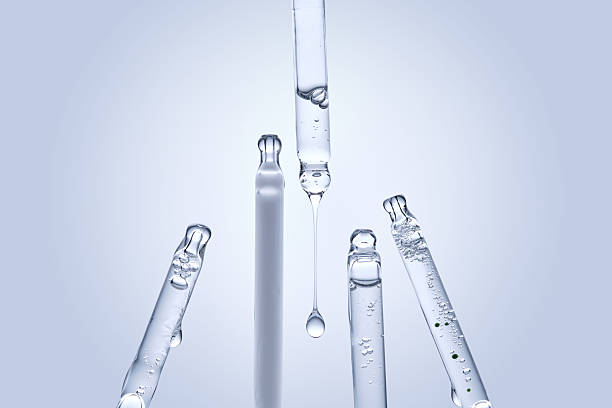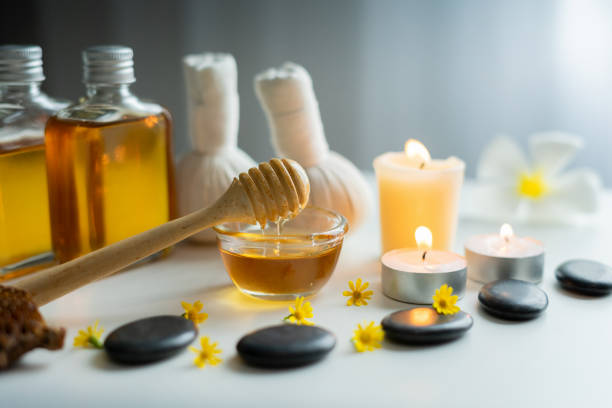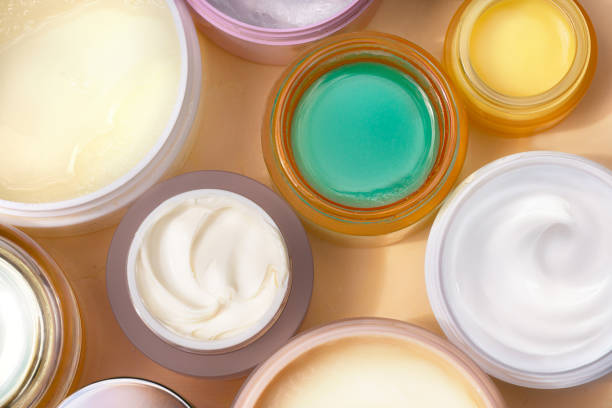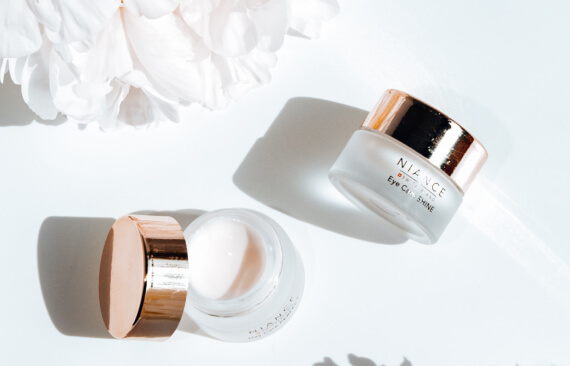The approach may be adjusted for thicker skin and beard growth. Treatments like laser therapy or facials can be tailored for men's skin density and oil production.
Apply serums and moisturizers to slightly damp skin. This helps trap water on the surface for deeper absorption and a more plumping effect, immediately minimizing the appearance of fine lines.
Poor sleep reduces circulation and leads to fluid retention, causing puffiness and dark circles that can make wrinkles appear more pronounced. It also impairs the skin's overnight repair process.
Look for products with biomimetic lipids, hyaluronic acid isomers, and allantoin. These provide multi-level hydration and soothe irritation.



